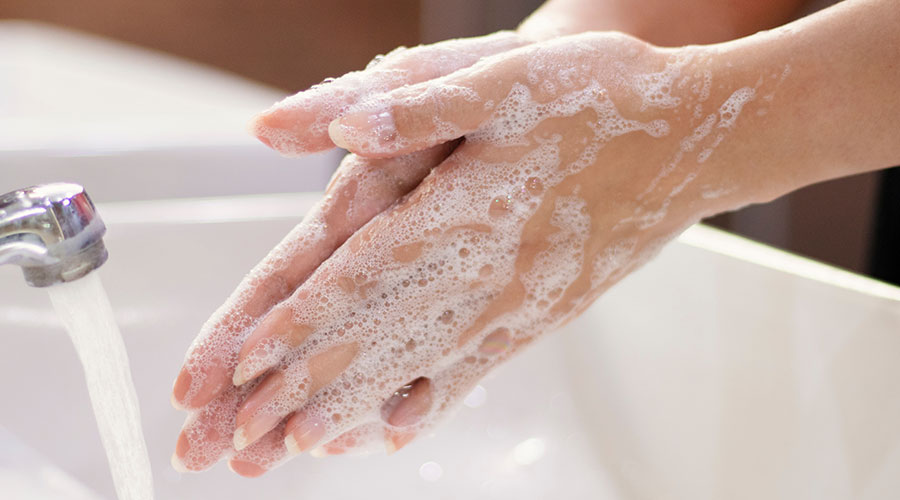The winter months aren’t the most desirable months of the year. The days get darker faster and it’s freezing cold outside. Even worse, winter means the start of flu and RSV season. Each year we are reminded to get our shots and to practice proper hand hygiene, however, that suddenly changed this year after a new study was published the American Journal of Infection Control.
The study findings suggest that hospitals can reduce the number of hand hygiene observations from 200 to 50 observations per unit per month. In 2021, Leapfrog updated the standard to 100 observations per unit per month if healthcare facilities met all other domains in the standard.
Practicing proper hand hygiene has been the number one recommendation given to thwart the spread of infections in and out of healthcare facilities. The COVID-19 pandemic prompted 90 percent of Americans to wash their hands more frequently, averaging out at 10.5 times a day, according to a Healthy Handwashing Survey. As of 2024, 74 percent of respondents found hand hygiene to be important.
Related: Should Hospitals Eliminate Hot Water for Hand Washing?
Average civilians aren’t the only ones who find handwashing to be essential in limiting the spread of infection. The CDC said that proper hand hygiene can help limit sicknesses for the following reasons:
- People often touch their eyes, nose and mouth which can introduce new germs into their body and get them sick.
- Germs from unwashed hands may get into drinks and foods while people prepare or consume them. In the right conditions, germs can even multiply in foods and drinks.
- Germs from contaminated hands can be transferred to other surfaces and hands.
However, the Leapfrog Group’s standard for hand hygiene can be challenging for healthcare facilities as it can be difficult to gather such a large number of observations. With this information, hospitals could save $50,000 annually if they choose to reduce the number of required hand hygiene observations to 50 per unit per month.
Healthcare facilities looking to better promote hand hygiene within its operations can train staff on the following:
- Promote the maintenance of health hand skin and fingernails
- Select appropriate products
- Ensure the accessibility of hand hygiene supplies
- Ensure appropriate glove use to reduce hand and environmental contamination
- Take steps to reduce environmental contamination associated with sinks and sink drains
- Monitor adherence to hand hygiene
- Provide timely and meaningful feedback to enhance a culture of safety
Mackenna Moralez is the associate editor of the facilities market.

 Healthcare and Resilience: A Pledge for Change
Healthcare and Resilience: A Pledge for Change Texas Health Resources Announces New Hospital for North McKinney
Texas Health Resources Announces New Hospital for North McKinney Cedar Point Health Falls Victim to Data Breach
Cedar Point Health Falls Victim to Data Breach Fire Protection in Healthcare: Why Active and Passive Systems Must Work as One
Fire Protection in Healthcare: Why Active and Passive Systems Must Work as One Cleveland Clinic Hits Key Milestones for Palm Beach County Expansion
Cleveland Clinic Hits Key Milestones for Palm Beach County Expansion